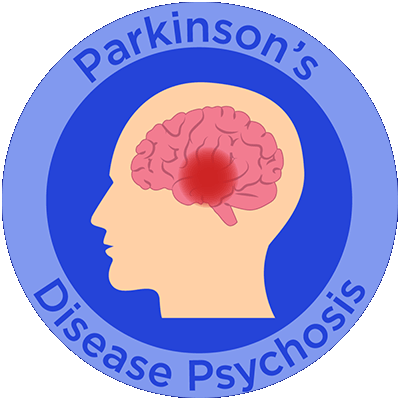Parkinson’s Disease Psychosis is Often Underdiagnosed and Undertreated: What Can You Do to Improve the Quality of Care for Your Patients?
Monday, November 01, 2021
7:00PM – 8:00PM ET
Please note this TeleECHO program is 7:00PM Eastern, 6:00PM Central, 5:00PM Mountain and 4:00PM Pacific.
PROGRAM OVERVIEW
This live TeleECHO program implemented through a virtual platform will explore the management of Parkinson’s disease psychosis (PDP), which is a condition that affects a substantial proportion of patients with late-stage Parkinson’s disease. Through this program, clinicians will learn to recognize the symptoms and characteristic features associated with PDP, as well as the pathophysiologic basis of PDP, and treatments that target some of the underlying pathways involved in disease progression. In addition to the didactic portion of this presentation, interactive case studies presented by expert faculty will evaluate pharmacologic approaches to PDP management, including the efficacy and safety of approved therapeutic options. Engaging whiteboard animation will review the pathophysiology of PDP and the mechanism of pharmacologic interventions. Through this program, clinicians will gain the tools and knowledge they need to optimally manage patients with PDP.
Presenting Faculty:
Fernando L. Pagan, MD
Professor and Vice Chairman of Neurology
Director of Movement Disorders Program
Medical Director of Georgetown University Hospital
Parkinson Foundation Center of Excellence
Translational Neurotherapeutics Program
Washington, DC
Learning Objectives
After completing the CME activity, learners should be better able to:
- Facilitate a timely and accurate diagnosis of PDP
- Evaluate the evidence supporting different neurotransmitter-based theories of PDP pathophysiology that inform treatment targets and side effect profiles associated with currently available therapies
- Support coordinated patient-centered multidisciplinary team-based approaches for the long-term management of patients with PDP
Target Audience
This CME initiative is designed to meet the educational needs of US-based neurologists, psychiatrists, and other members of the multidisciplinary care team involved in the diagnosis and management of patients with PDP.
ACCREDITATION STATEMENT
Med Learning Group is accredited by the Accreditation Council for Continuing Medical Education to provide continuing medical education for physicians. This CME activity was planned and produced in accordance with the ACCME Essentials.
CREDIT DESIGNATION STATEMENT
Med Learning Group designates this enduring activity for a maximum of 1.0 AMA Category 1 CreditTM. Physicians should claim only the credit commensurate with the extent of their participation in the enduring activity.
NURSING CREDIT INFORMATION
Purpose: This program would be beneficial for nurses involved in the long-term treatment and management of patients with PD. CNE Credits: 1.0 ANCC Contact Hour.
CNE Accreditation Statement: Ultimate Medical Academy/CCM is accredited as a provider of continuing nursing education by the American Nurses Credentialing Center’s Commission on Accreditation. Awarded 1.0 contact hour of continuing nursing education of RNs and APNs.
DISCLOSURE POLICY STATEMENT
In accordance with the Accreditation Council for Continuing Medical Education (ACCME) Standards for Commercial Support, educational programs sponsored by Med Learning Group must demonstrate balance, independence, objectivity, and scientific rigor. All faculty, authors, editors, staff and planning committee members participating in a MLG-sponsored activity are required to disclose any relevant financial interest or other relationship with the manufacturer(s) of any commercial product(s) and/or provider(s) of commercial services that are discussed in an educational activity.
DISCLOSURE OF UNLABELED USE
Med Learning Group requires that faculty participating in any CME activity disclose to the audience when discussing any unlabeled or investigational use of any commercial product or device not yet approved for use in the United States.
DISCLAIMER
Med Learning Group makes every effort to develop CME activities that are scientifically based.
This activity is designed for educational purposes. Participants have a responsibility to utilize this information to enhance their professional development in an effort to improve patient outcomes. Conclusions drawn by the participants should be derived from careful consideration of all available scientific information. The participant should use his/her clinical judgment, knowledge, experience, and diagnostic decision-making before applying any information, whether provided here or by others, for any professional use.
For CME questions, please contact: Med Learning Group at [email protected].
Contact this CME provider at Med Learning Group for privacy and confidentiality policy statement information at: http://www.medlearninggroup.com/privacy-policy/
AMERICANS WITH DISABILITIES ACT
Staff will be glad to assist you with any special needs. Please contact Med Learning Group prior to participating at [email protected]








